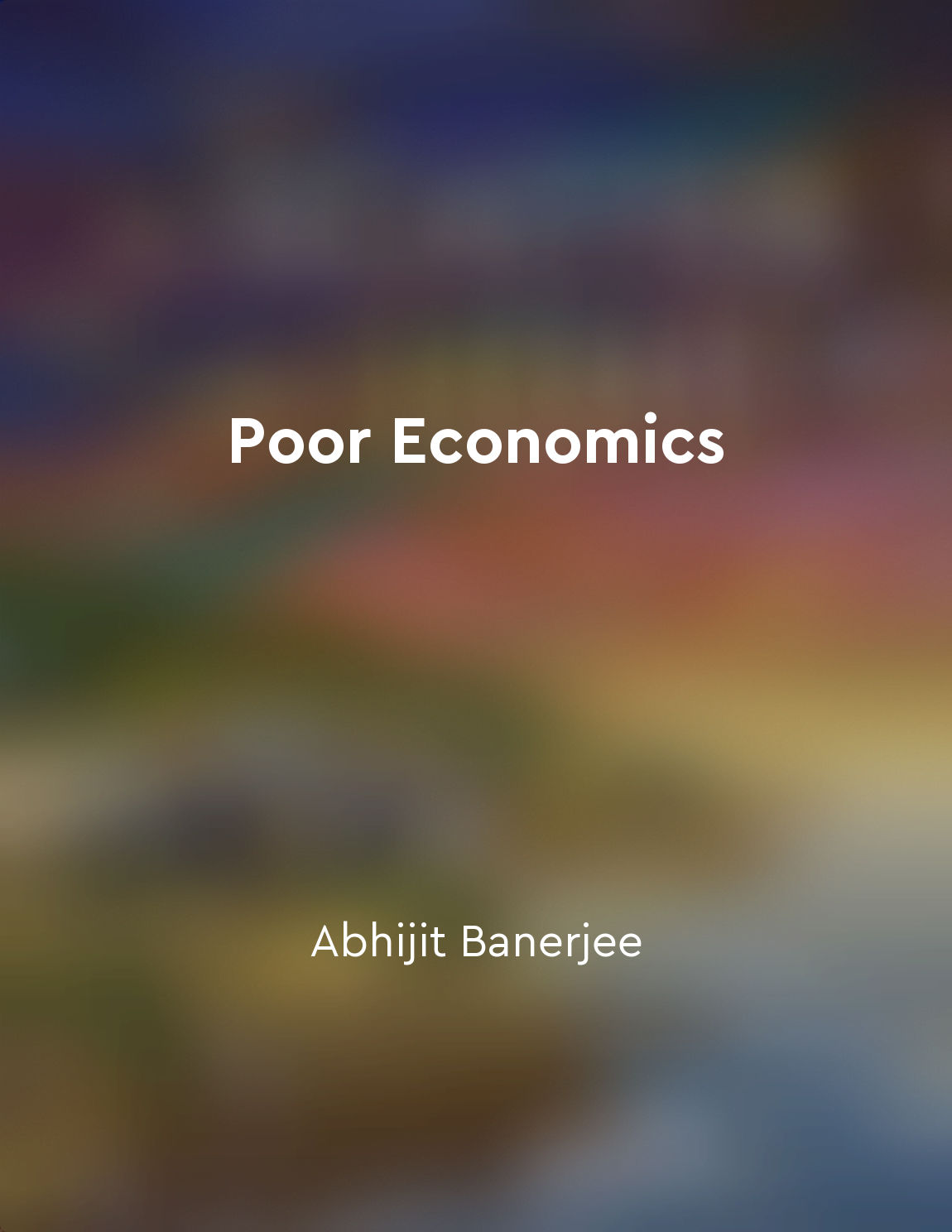Publicprivate partnerships can enhance policy effectiveness from "summary" of The Industrial Policy Revolution II by J. Esteban,J. Stiglitz,Justin Lin Yifu
Public-private partnerships have the potential to significantly enhance the effectiveness of policy implementation. By leveraging the strengths of both the public and private sectors, these partnerships can address complex policy challenges more efficiently and effectively than either sector could on its own. One key advantage of public-private partnerships is their ability to combine the resources, expertise, and capabilities of both sectors. The private sector often brings valuable resources such as technology, innovation, and capital to the table, while the public sector can provide regulatory oversight, public goods, and access to markets. By pooling these resources together, partnerships can achieve outcomes that would be difficult for either sector to achieve independently. Moreover, public-private partnerships can help bridge the gap between policy formulation and implementation. Oftentimes, policies may be well-intentioned but fail to achieve their desired impact due to implementation challenges. By involving both public and private actors in the design and execution of policies, partnerships can ensure that policies are more feasible, realistic, and sustainable in the long run. Additionally, public-private partnerships can foster greater accountability and transparency in policy-making processes. When multiple stakeholders are involved in decision-making, there is a greater likelihood of checks and balances, leading to more informed and balanced policy choices. This can help mitigate the risks of policy capture, corruption, or regulatory capture that may arise when policy decisions are made in isolation.- Public-private partnerships have the potential to be a powerful tool for enhancing policy effectiveness. By harnessing the complementary strengths of both sectors, fostering collaboration and innovation, and promoting accountability and transparency, these partnerships can help address complex policy challenges more effectively and efficiently than traditional approaches.
Similar Posts
Cultural values influence economic decisionmaking
The idea that cultural values play a crucial role in shaping economic decision-making is a fundamental concept in the study of ...

Aid programs should be evidencebased
The idea that aid programs should be evidence-based is not just a catchy slogan; it is a fundamental principle that should guid...
Crime rates and poverty
One of the prevailing beliefs in society is the idea that crime rates are directly linked to poverty. This notion is often used...
Production decisions guided by corporate planning
The modern industrial system is characterized by a complex interplay of forces that influence the decisions made by corporation...
Intangible investments require different management strategies
Intangible investments, such as research and development, organizational development, and branding, differ from traditional phy...

Individual choice is essential
The freedom to choose is a fundamental aspect of human existence. It is through the exercise of individual choice that we expre...

Industrial policy can spur innovation
Industrial policy plays a crucial role in promoting innovation within an economy. By providing targeted support and incentives ...
Collective efforts lead to impactful outcomes
The power of collective efforts in addressing climate change cannot be underestimated. When individuals, communities, governmen...

